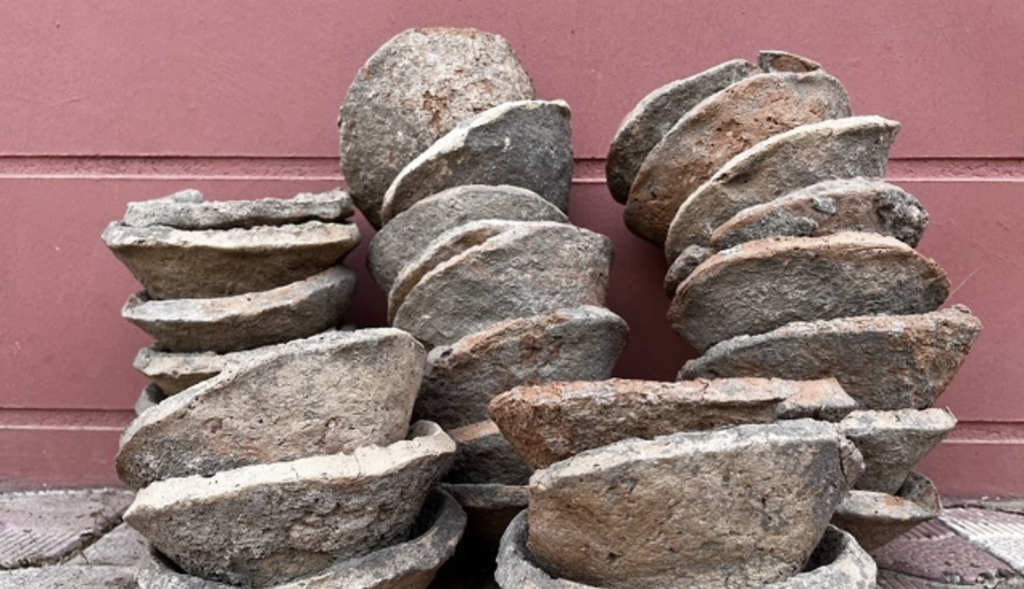What stood out was the sheer quantity of bowls.
Others are reading now
When we think of the dawn of civilization, we often imagine the steady rise of city-states, grand monuments, and centralized governance. Yet, history shows us that progress isn’t always linear.
Some early societies chose a different path, stepping away from the structured systems that defined emerging cities, according to Historienet.
This is precisely what researchers have uncovered in northern Iraq, shedding light on a community that rejected the pull of urban life over 5,000 years ago.
Also read
A Unique Find in Ancient Mesopotamia
The discovery took place at Shakhi Kora, a site nestled in the Kurdish region of Iraq, roughly 200 kilometers northeast of Baghdad.
Archaeologists from Glasgow University and Denmark’s National Museum uncovered the ruins of a large building dating back to the fourth millennium BCE.
Within these ruins, they found hundreds of primitive clay bowls, each holding clues about how this community lived.
Chemical analysis of residue inside the bowls revealed they were used to serve stew made from meat or bone marrow.
What stood out was the sheer quantity of bowls, suggesting these meals were prepared for hundreds of people at once.
According to the researchers, this indicates the presence of a centralized authority capable of organizing and funding large communal feasts.
Feasts as a Sign of Authority
In early Mesopotamian societies, such communal meals were more than just a way to feed the population—they were a tool of governance.
Leaders used these events to assert their authority and unify their communities. The large-scale feasts in Shakhi Kora point to a similar system.
However, unlike other Mesopotamian settlements that grew into cities, the people of Shakhi Kora seem to have dismantled their centralized government and returned to a simpler way of life.
Archaeologists believe this shift reflects a deliberate decision to abandon urbanization and the complexities it brought.


